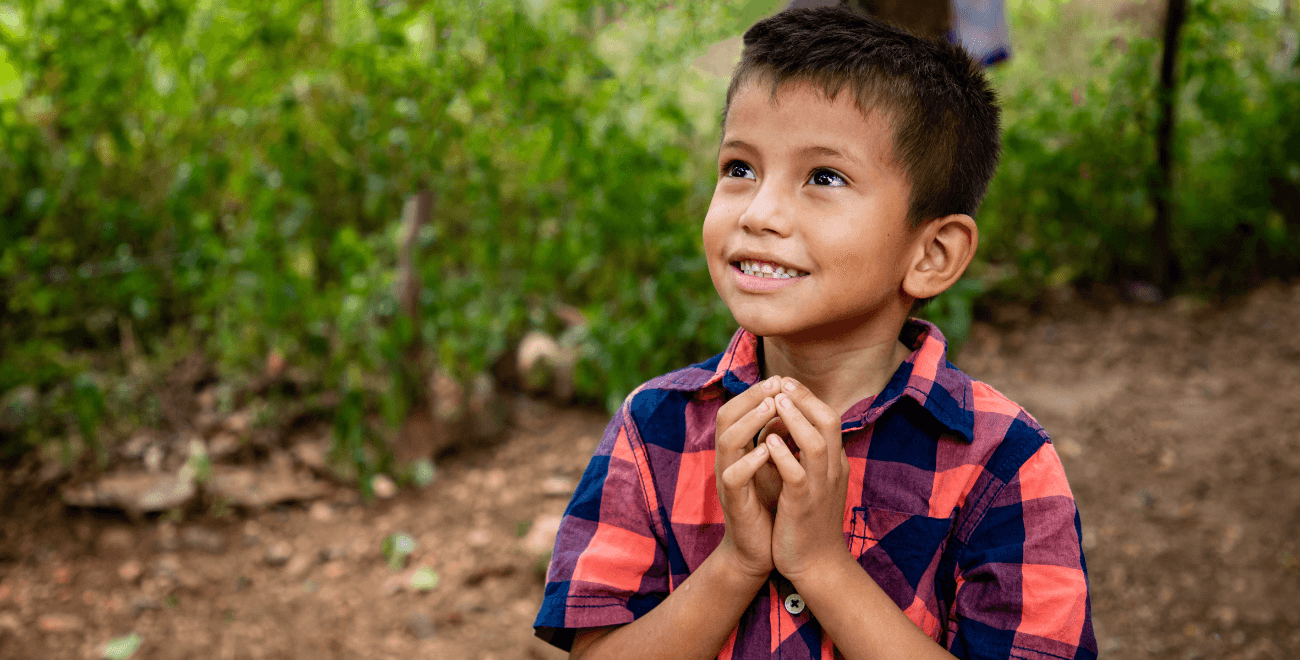Stop the Weddings
The situation facing millions of young girls is desperate, but not definite.

Imagine if every child in the UK was taken out of school tomorrow and forced to marry. That’s 10 million children.


Child marriage—marriage before the age of 18, including informal unions—is an injustice and a human rights violation. Yet, despite being illegal in many countries, it remains widespread. And it’s getting worse.
More than 100 million girls were expected to become child brides in the next decade.
Now, up to 10 million more girls will be at risk as a direct result of the pandemic.
That’s equivalent to every child at school in the UK.
Girls under 18 who marry are more likely to leave school, experience domestic violence, and die due to complications in pregnancy and childbirth.
The situation facing millions of girls is desperate, but not definite.
It’s time to stop the weddings.

Thank you for Helping to Stop The Weddings
The highest rate of marriage amongst those under 15 years old is found in Bangladesh. The need is great. Thanks to your support, your funding will train 80 Compassion staff and 144 parents and caregivers of Compassion-supported children to deliver community-based workshops on the dangers of child marriage.
Workshops will be delivered over the space of a year to more than 8,500 household members across 36 Compassion projects.
The Compassion sponsorship programme already provides girls in Bangladesh with a good education, skills, encouragement, and social support. Thanks to your donations to Compassion’s intervention, you’ve helped educate the wider community on the dangers and disadvantages of child marriage and protected young girls’ futures.
To hear more about Compassion’s work, sign up for our monthly newsletter.
Yerosen’s story: Saved from marriage at 12 years old
Yerosen’s testimony speaks powerfully of the realities of child marriage, and how our local partners, through child sponsorship and community education, are fighting for girls’ rights in the countries where we serve.

“I prayed to God to deliver me from my abductor, to let me go back to my family, and for them not to harm me. I prayed every day and believed with all my heart,” Yerosen, 12, Ethiopia.
Yerosen was a victim of the illegal practice of ‘marriage by abduction’, which is common in Ethiopia; 69% of child marriages begin this way. At just 12 years old, she was abducted and spent three months with her captor, a 35-year-old man.
Compassion project director Abdi led the search and rescue efforts. Even after her grandfather gave up and accepted a dowry to give his granddaughter in marriage to her abductor, Compassion’s church partner continued the search until she was found safe. Compassion’s staff helped her find a safe and loving home with a foster family.
“Had it not been for Abdi, the church and the prayer of everyone who knows me, I would have been married by now,” she said. “I’m happy in my new home. I just can’t wait to grow up and prove to everyone that I survived for a reason—to fight for other girls like the church fought for me.”
More testimonials and information about child marriage
Florence’s and Her School: 413 Girls Saved from FGM and Early Marriage
Protected From Child Marriage: Maindi’s Story Told in 10 Photos
Words by
Compassion UK
Share:
Share:
Pray with us
Join thousands of people praying to end poverty, take action through our appeals and activities, and be inspired by how God is changing lives.
Get a little Compassion in your inbox with our Prayer and Stories email.
Remember, you can unsubscribe at any time. Please see our Privacy Policy for more information.
